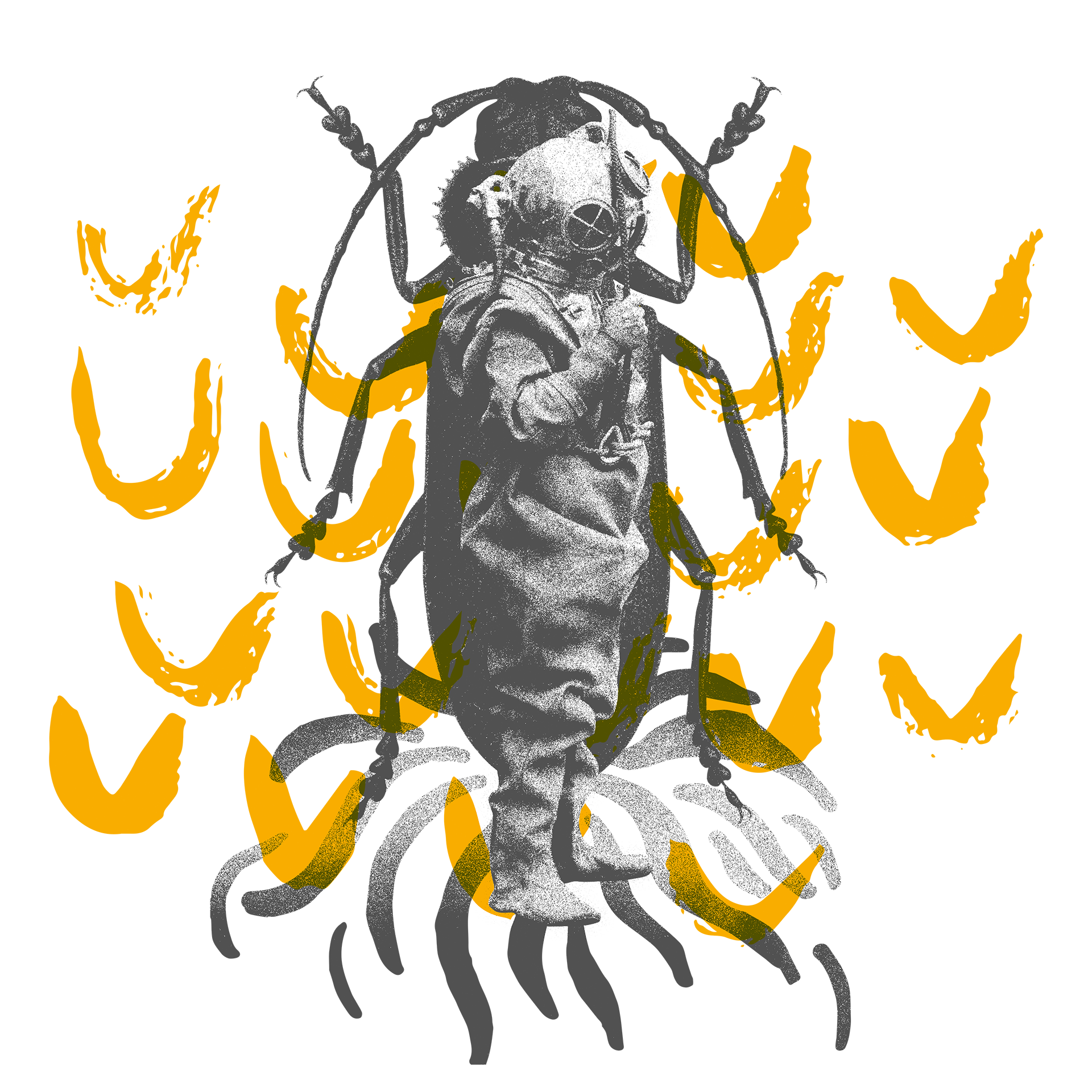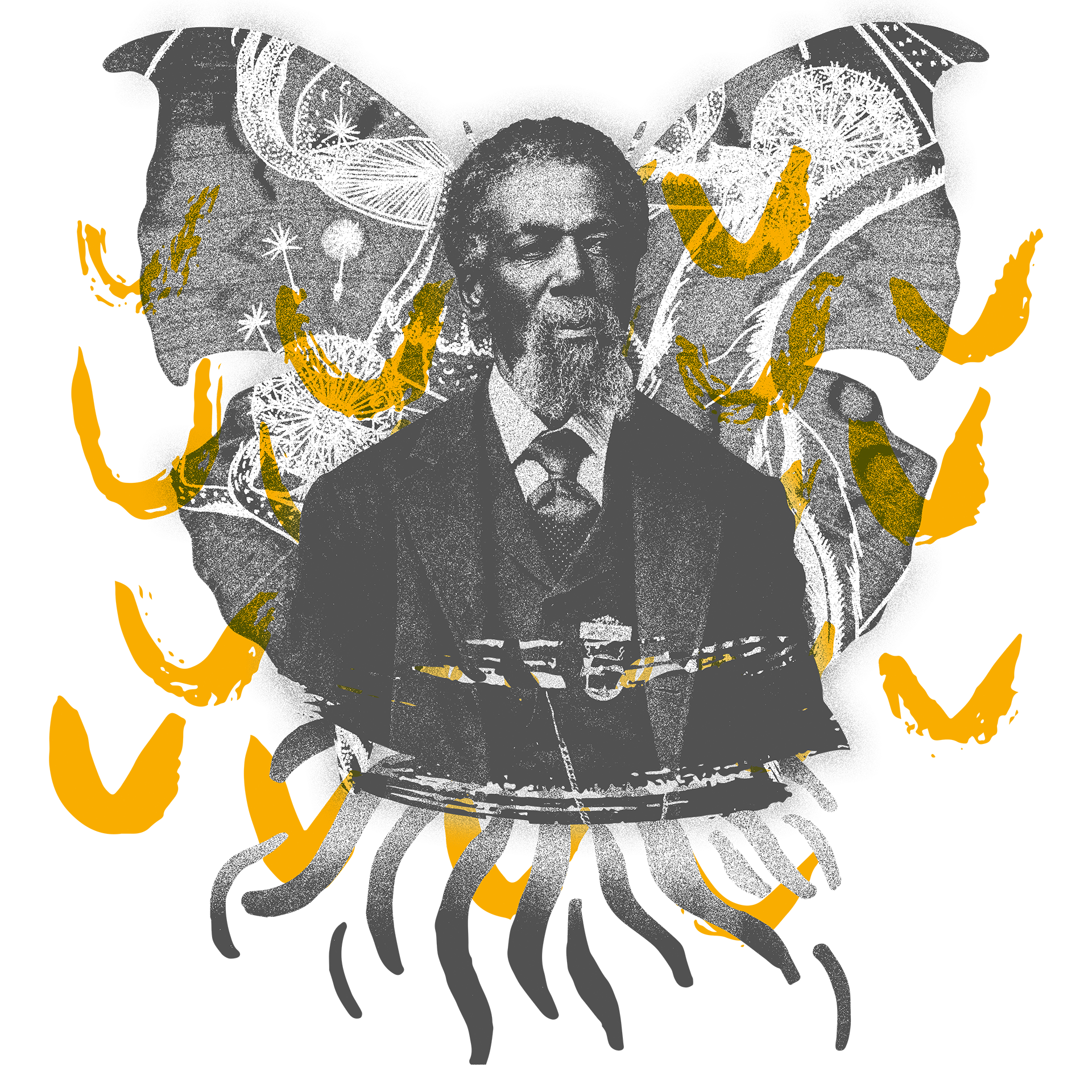
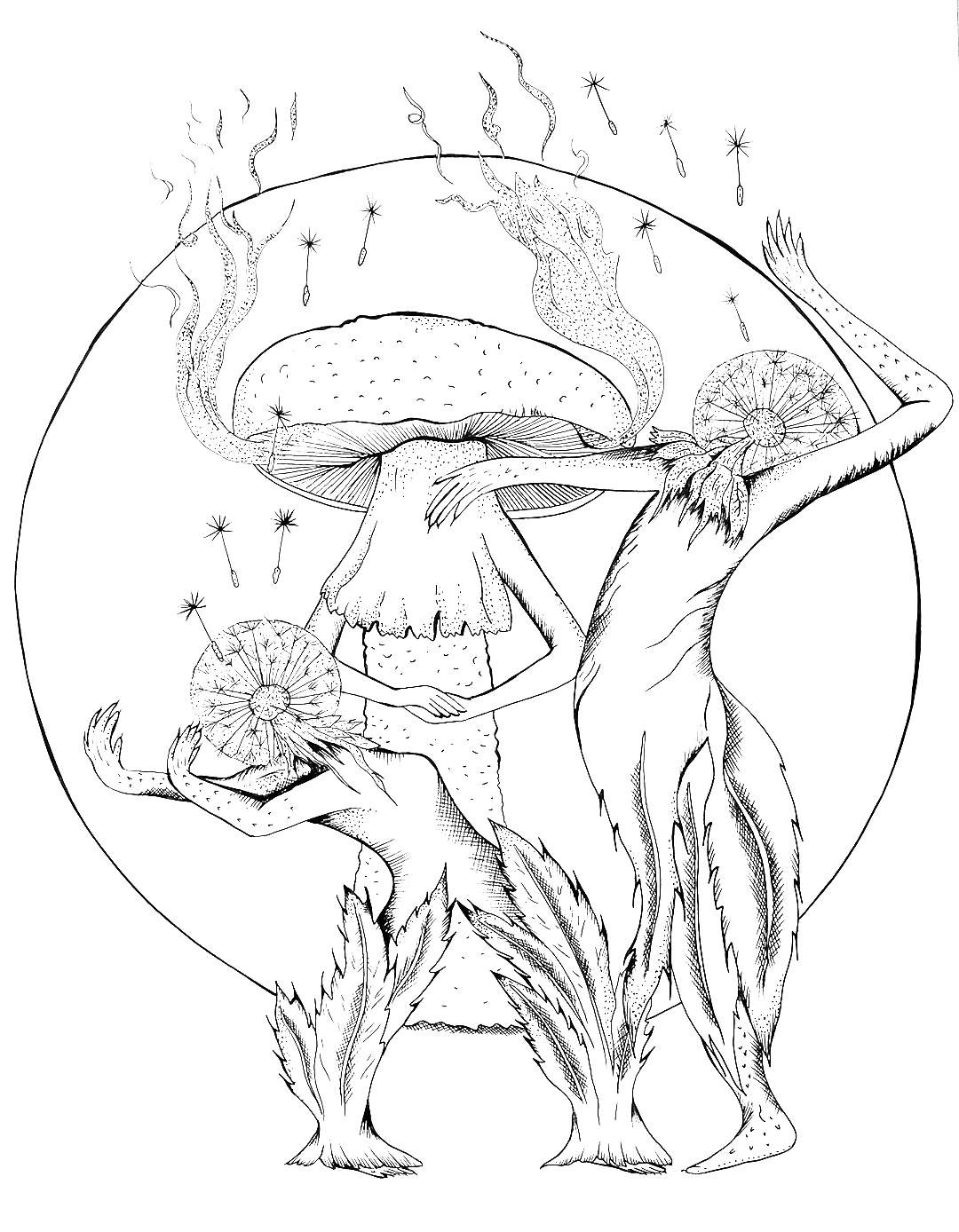
The roots of ten are tentacular, translocal, mysterious and often obfuscated by attempts to trace or track them back through linear time.
Something about our vocation resists convenient histories and logics of origination.
The network germinated slowly, through meandering, kairotic dialogues. It blossomed in the minds and hearts and soles of feet of people longing to be with these strange end-times in a different way; in the rich compost generated by the breakdown of whiteness, modernity and late-stage capitalism.
The relationships and trust held and cultivated by those co-shaping ten in its early days were the network’s greatest nutrients. It took time. There were losses, departures, tensions, and longings that never crystallized in ways we have come to label as successful. The early seedlings sent out tentative, fragile roots, unfurling the occasional stem or leaf. Some of those early longings were co-opted or crushed under the business-as-usual boot; others survived and morphed into new organisms and patterns of relationship; still others grew into exquisite courses, online festival-summits and queer inquiries into the Otherwise.
When the network’s visibility began to grow, we went underground for a year, defying the logic of our growth-obsessed societies. We remained beneath the surface, digging around in the excrement. Failure, unexpected pauses, insurmountable obstacles, stillborn projects, and audacious intentions have become the rich humus which sustains ten’s organism today.
We have been experimenting with a longing to fail.
ten (then articulated in full as ‘The Emergence Network’) was founded by transpublic intellectual and visionary, Dr. Báyò Akómoláfé.
Báyò is a descendant of Yoruba fields of archetypal becomings and mythopoeic landscapes. Through deep inquiry, conversations, and experimental processes, we are nurturing a fugitive movement at the end of hope.

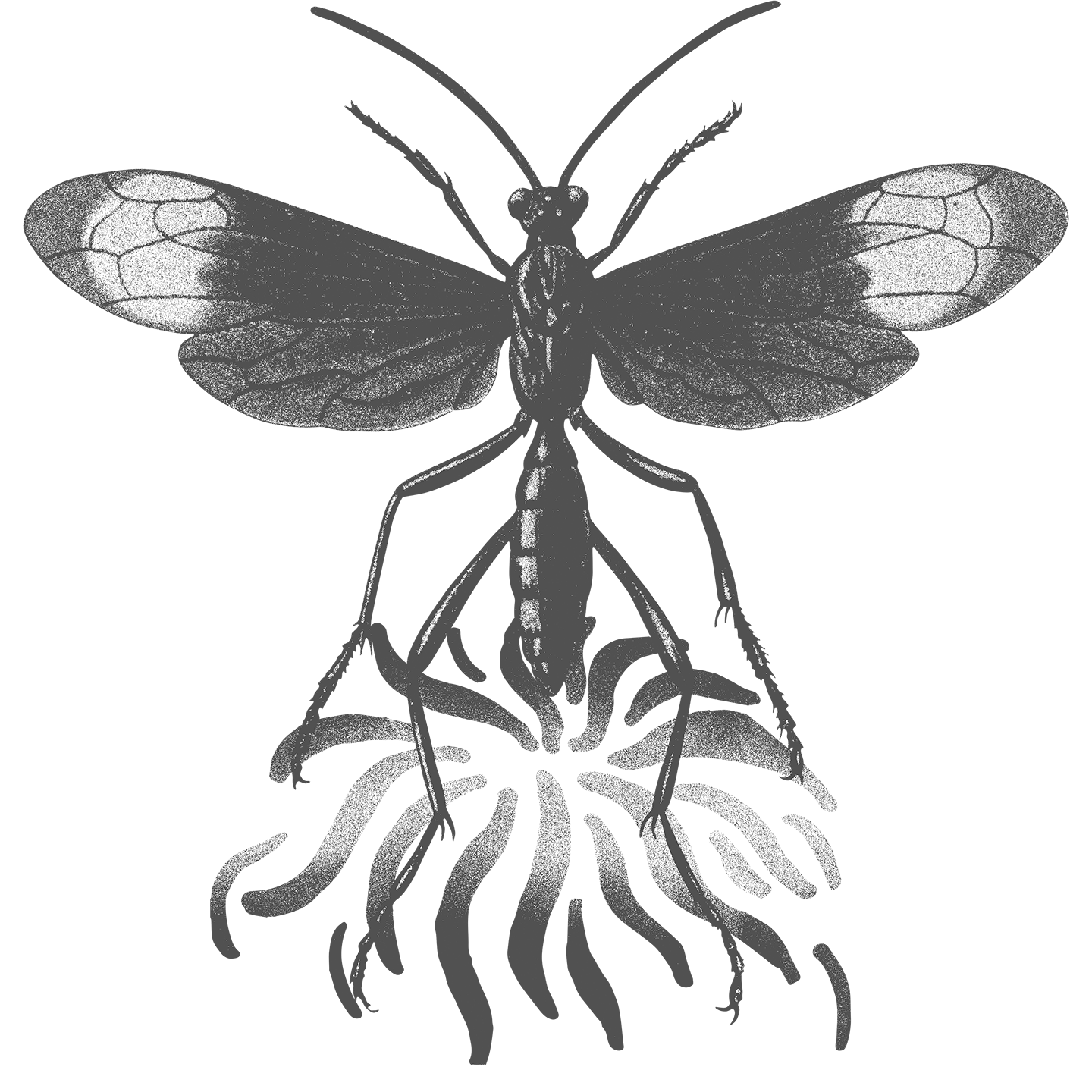


ten emerged as a loose federation of conversations and internet-mediated dialogic experiments convened by Dr. Báyò Akómoláfé around critical posthumanist insights, the most central of which was the question: what if the way we respond to the crisis is part of the crisis?
Since 2016, the network has been birthing curious events and encounters around the world – in person and online – around various topics including climate change, race and racialization, borders & immigration, radical hospitality, leadership & activism, and making sanctuary in the midst of systems collapse.
We have been hosting deep processes of learning and unlearning, reflecting and writing on our insights and accompanying strange journeys in becoming generously lost and ontofugitivity.
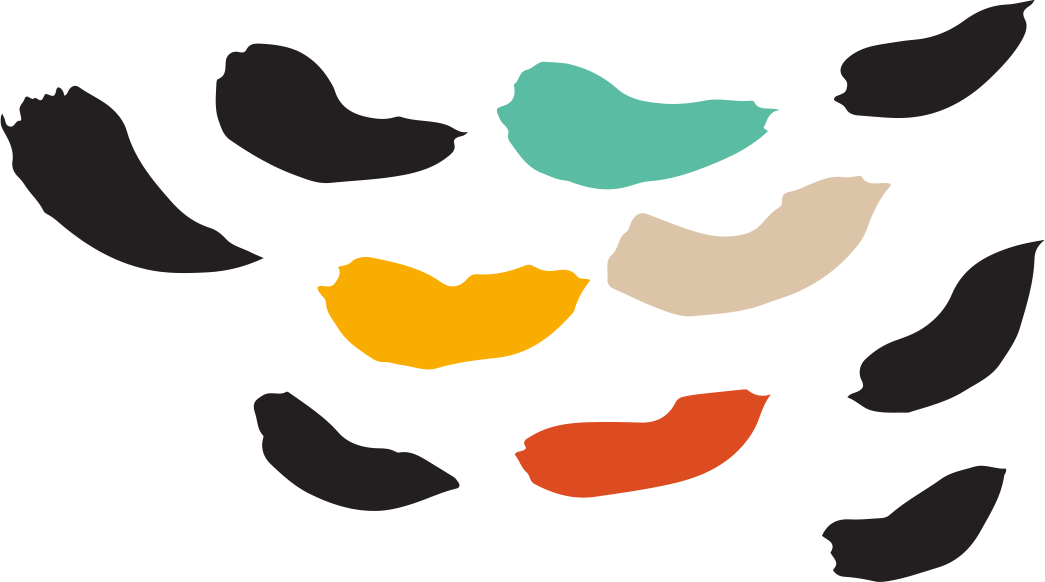
The mark of ten is a longing for something raw, something that can be scratched out on the floor if an apocalypse wiped out our sophisticated technologies. Something that feels like a promise.
The name “ten” is the understated, minor acronym for The Emergence Network – deliberately composed in lowercase (often in defiance of grammatical rules) to signal our gesturing towards descent, towards abjection, towards the discarded, towards dungeons beneath the public rationalities of safety, identity, and justice.
It is our way of saying that it is not left to us to save the day. We do not act upon the world. Instead we are the world in its unspeakable tensions, contradictions, experimentations, creativities, and messy alchemies.

ten is also a nod toward the proto-Indo-European root sound: tan. The etymological origins of ten gesture towards the acts of stretching, holding, extending, spreading, diffusing, spinning, weaving and composing. Other English words that enfold ten include: tension, tentacle, tendril, attend and tenterhooks.
This messy root system touches other words from a multiplicity of cultural origins, including: tantram (Sanskrit) meaning loom, ritual, regular order of ceremonies, scientific work, spell, or charm; tar (Persian) meaning string; tonos (Greek) meaning pitch or chord.
“This logo gestures towards a noisy intelligence, crumbs and moldy leftovers on the table. The unspeakable. Traces, in the sense that modernity is an effacement of thresholds. Postactivism unearths those hidden tensions…”
Báyò Akómoláfé




